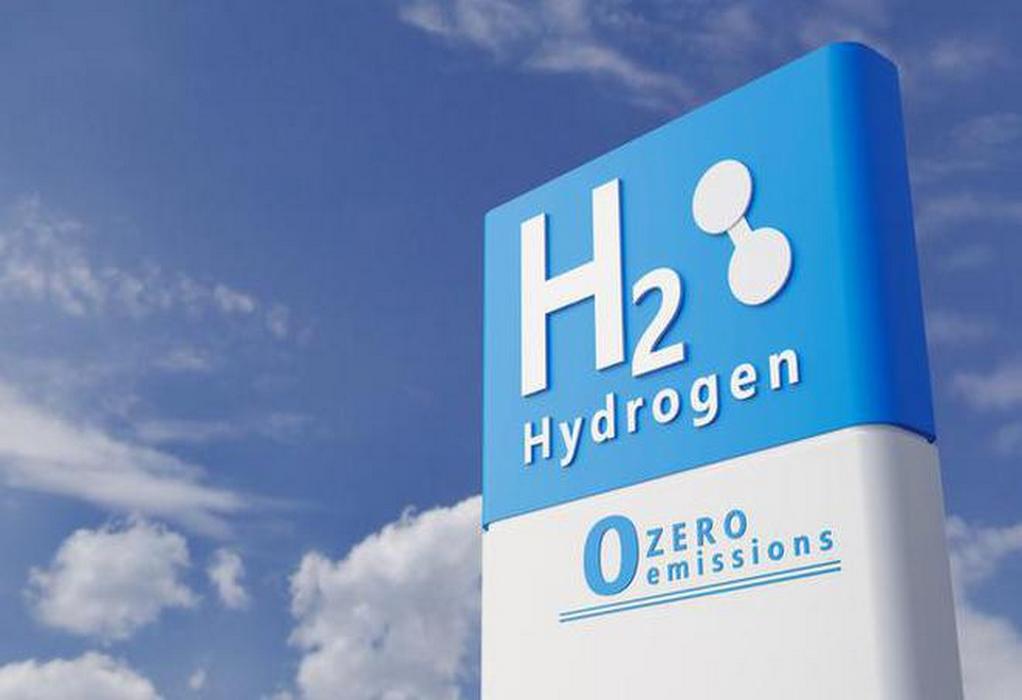Cornell and two Cornell research-startups have joined a consortium that aims to propose a Northeast research hub to make hydrogen a viable, clean-energy alternative to carbon-based fuels.
The New York-led multistate collaboration is guided by Gov. Kathy Hochul and organized by the New York State Energy Research and Development Authority (NYSERDA).
With approximately $9.6 billion available in federal funding, the US Department of Energy (DOE) is expected to request proposals starting in early May for regional hydrogen centers that would offer a broad array of services, which will likely include research and demonstration projects. The Northeast group plans to apply for a portion of that federal funding.
Abruña will be joined by Cornell research spinoff Ecolectro, a startup company at Cornell’s McGovern Center business incubator, and by Standard Hydrogen Corporation, a Cornell-related company, which are among 40 partners to develop the regional proposal.
Gabriel Rodríguez-Calero, Ph.D. ‘14, Ecolectro’s chief executive officer and Kristina Hugar, Ph.D. ‘15, chief scientific officer, will represent Ecolectro. Geoffrey Coates, the Tisch University Professor of Chemistry (A&S), whose research includes the development of polymeric materials for economical energy storage and conversion technologies, as well as Abruña, serve as scientific advisors to Ecolectro.
For decades, clean (so-called green) hydrogen fuel had been costly to produce because it required the use of platinum, an expensive precious metal needed in electrolyzers and fuel cells. But in 2018, the DOE granted $1.7 million to Ecolectro to develop alkaline exchange membrane materials used in water electrolyzers and fuel cells which enable the use of non-precious metal based electrocatalysts, which would dramatically lower the cost of green hydrogen and fuel cell production.
In February 2022, Abruña and a team of Cornell chemists announced a class of nonprecious metal derivatives that can catalyze fuel cell reactions just as well as platinum – but at a fraction of the cost. In March, the Abruña group and collaborators published a paper on a how a high activity and low-cost nitrogen-doped, carbon-coated nickel anode catalyzed the hydrogen oxidation reaction which is essential in hydrogen fuel cells.
Last year, Standard Hydrogen Corporation and National Grid (a consortium partner) announced plans to build New York’s first hydrogen “energy station” – which looks like a conventional gasoline filling station –in New York’s Capital Region. At that station, hydrogen would be produced renewably on-site – with electricity derived from sustainable wind or solar energy during the electrolysis process – turning it into a viable source of hydrogen. Completion is expected by early 2023.
The New York-led consortium includes Connecticut, Massachusetts and New Jersey, which have on-going, strong hydrogen and fuel cell-innovation research programs.
Other New York universities participating in the consortium include Columbia University, Rochester Institute of Technology, New York University, Stony Brook University (SUNY), City College of New York and University at Buffalo (SUNY).
Source: https://news.cornell.edu/
Tags: Clean Energy, Cornell, Hydrogen, LNG, Research Hub, Start-ups



Recent Posts
Goltens Partners with Orcan Energy to Expand Marine Waste Heat Recovery Solutions
NWSA Launches First Incentive Program for Zero Emission Trucks in Washington
IHI and Vopak Partner on Ammonia Terminal Development in Japan
Chimbusco Pan Nation Completes First B30 Marine Gasoil Delivery in Hong Kong
ITOCHU Announces Newbuilding Order for Ammonia Bunkering Vessel
India Launches Incentive Scheme for Electric Trucks under PM E-DRIVE Initiative
Royal Caribbean Welcomes LNG-Fueled Star of the Seas to Its Fleet
Swire Shipping Launches ‘Voyage to Zero’ to Help Customers Cut Scope 3 Emissions Swire